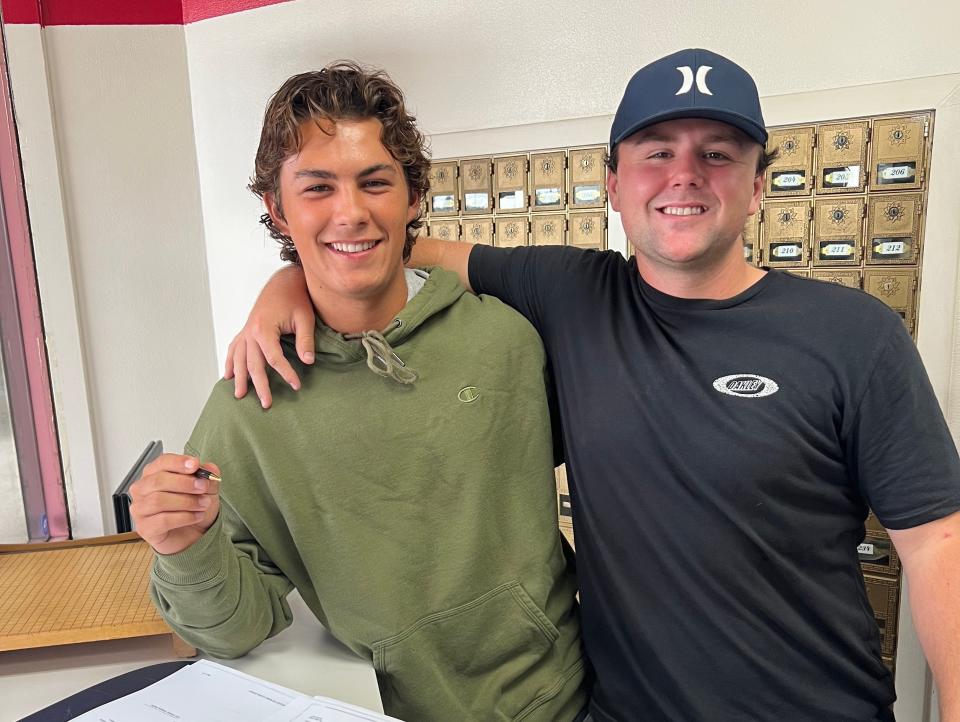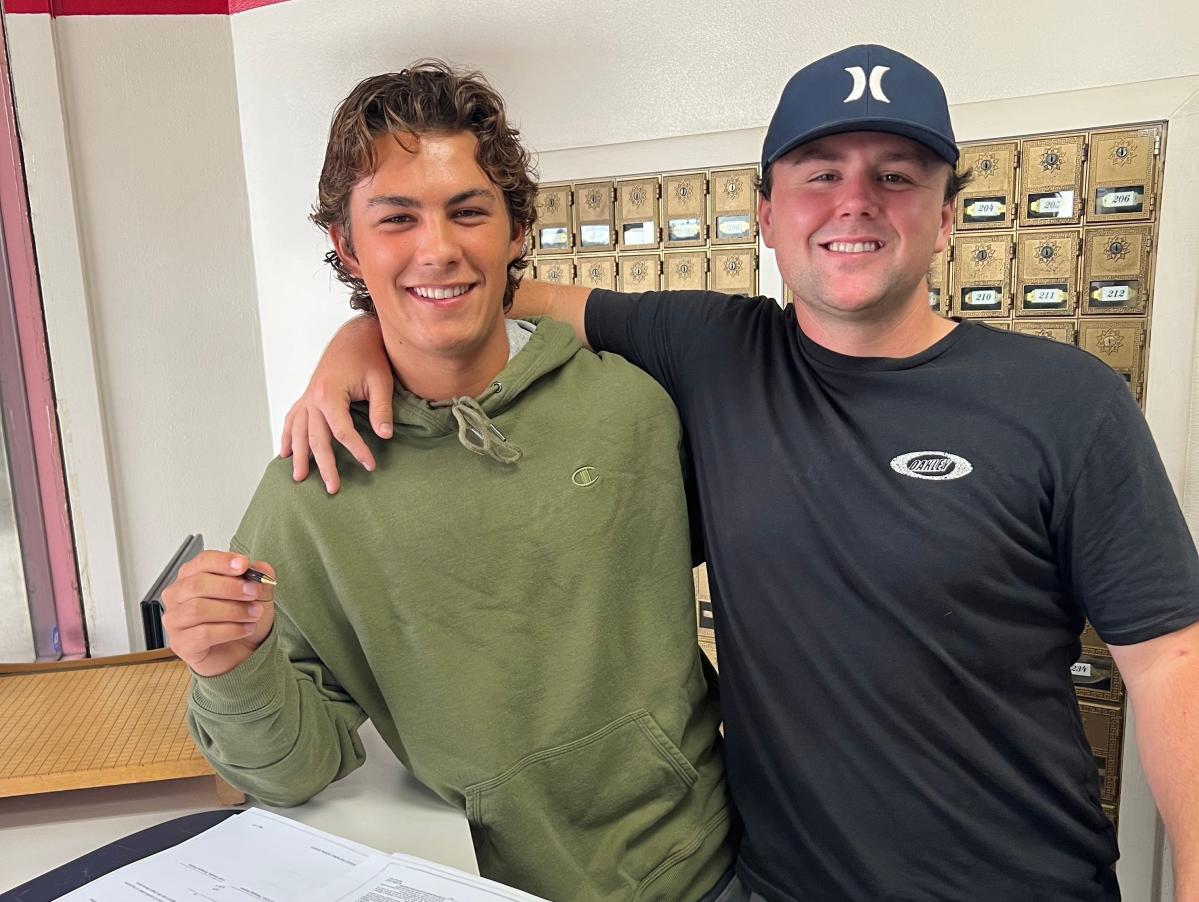
-
It is possible to get into the real estate business with little or no savings.
-
Investors who started with very little share the strategies they used to acquire their first real estate.
-
Some have raised capital and benefited from seller financing. Others bought with partners, sharing the initial costs.
One of the biggest barriers to entry is when it comes to buying Real estate is capital. Between the down payment and closing costs, buying a home can require a lot of cash up front.
However, it is possible to get your foot in the door with little or no savings.
Insider has spoken to a few successful investors who have done just that. Here are the creative financing strategies they used.

When Caleb Hummel and Chuck Sotelo were looking for their first property to invest in, they had three conditions: they wanted a multi-family property, they wanted to inherit tenants, and the seller had to be open to seller financing.
The third condition was the most important, as they would not be able to purchase a property without it.
Hummel and Sotelo, who met on their first day of high school, were teenagers when they decided they wanted to invest in real estate. They didn’t have any savings—except for a few hundred dollars each—and they didn’t even know what their credit scores were. They were still in junior college at the time and doing food deliveries to pay for their online real estate advisory program.
Vendor financing was necessary given their age and financial situation, Sotelo told Insider: “We worked at DoorDash and made close to $400 a month. Nobody would give us a bank loan.”
For their first property, a $900,000 10-unit building in South Texas, they found three investors who offered $30,000 each.
“Raising the money wasn’t as hard as I expected,” Hummel said. “It was just a matter of reaching out to anyone and everyone, offering our deal, and seeing if they were interested.” It helps, he added, that they put in so much work to come up with such a perfect deal: “Once we realized that all we needed was for the deal to be good enough, the process became a lot easier.”
Ziona McIntyre took out a private loan, rather than going through a traditional mortgage lender

Like Hummel and Sotelo, Boulder-based investor Ziona McIntyre couldn’t qualify for a mortgage when she first started looking for real estate.
She didn’t have a traditional job, and she didn’t have much savings. But she wanted to buy investment property — specifically, she found a $162,000 one-bedroom apartment in Boulder. To achieve this, I reached out to a former landlord who was also an investor and a private moneylender, and asked him for a loan.
“I practiced my speech in the shower, and I mustered up my courage and went and talked to him,” she said. “It was surprisingly easy. I must have caught him on a good day and had enough money in his bank, but he was very open and eager to help me. We had a private loan and he didn’t need to check my account.” “I walked in or something. He knew I was in the massage business and I felt like I could afford it.”
McIntyre has continued to use various creative financing strategies as she builds her investment portfolio.
Sean Allen bought it with a friend and split the upfront costs by sharing

Sean Allen started with $8,000 in savings. Buying a house alone wasn’t enough, so he went to live in his first property with a friend.
Together, Allen said, they had about $16,000 in cash. They worked backwards and thought they could afford close to $60,000. This purchase price would allow them to take a 20% discount ($12,000) and leave them with $4,000 to cover closing costs.
They lived in Southern California, and thought they might not get a $60,000 property in that market. So they began the search in Greensboro, North Carolina, where Allen attended college.
They flew to Greensboro to meet with a real estate agent, looked at properties, and found one they could afford. They put a 20% down payment and did some small home improvement projects. After finding tenants, they started making a profit of about $220 per month.

Before Natia and Gervais Segars could buy their first home, they received a lot of rejection from their lenders. But after three years of building their credit and paying off debt, they finally qualify for a mortgage.
They foreclosed on a $191,000 home in North Carolina, where they were living at the time, in September 2006, spending only $2,000 up front.
In part, that’s because they financed it with an FHA loan, a government-backed mortgage that gives people the chance to buy a home with down payments of up to 3.5%.
However, a 3.5% down payment on a $191,000 home would work out to about $5,700 — and that figure doesn’t include closing costs, which usually end up at 2% to 5% of the cost of the loan. The couple were able to close with only $2,000 in their own savings thanks to a grant they were eligible for at the time: the Genesis program, which offers down payment assistance to low- and moderate-income homebuyers with an FHA.
Read the original article at Business interested
